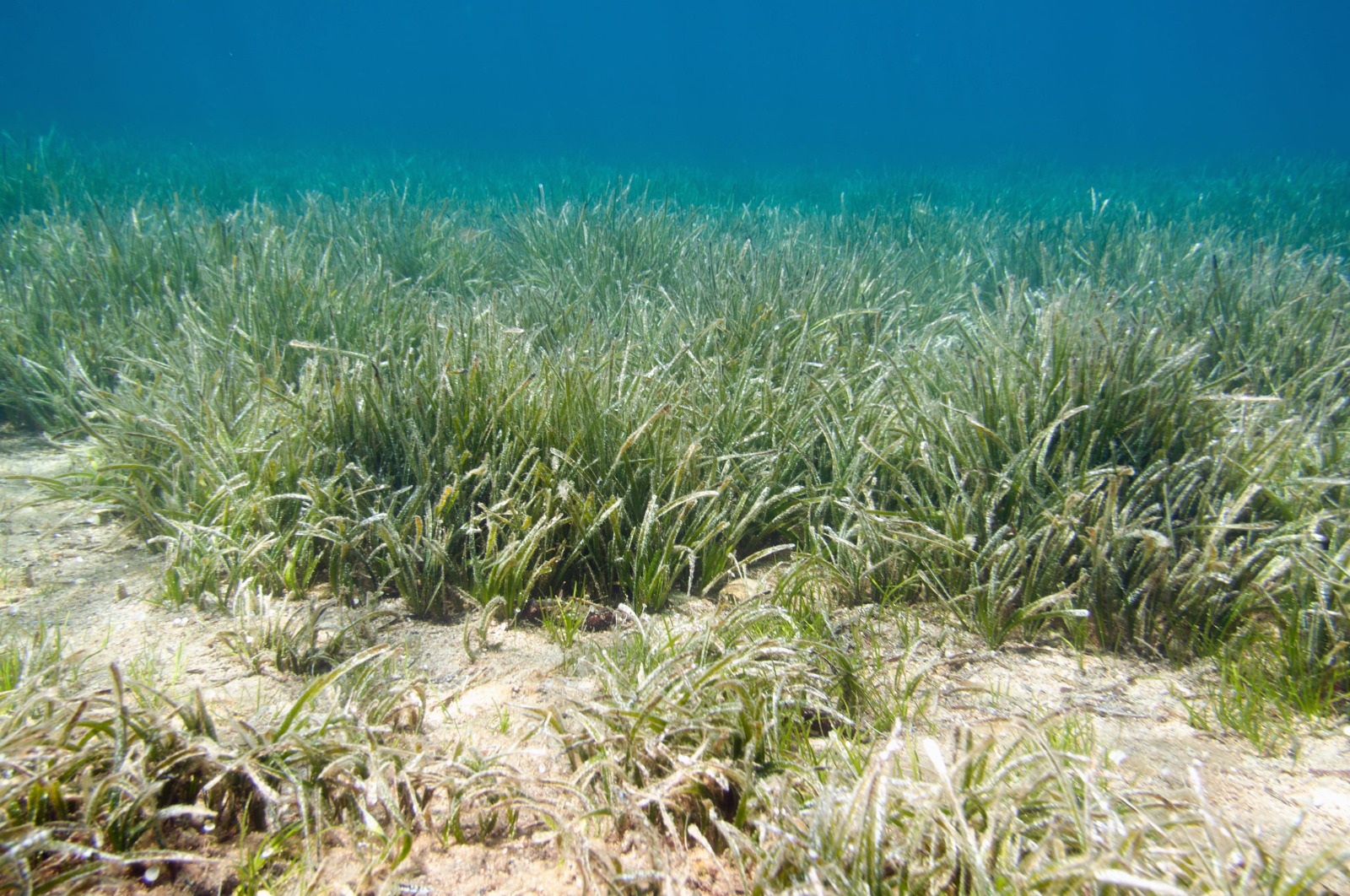World’s First Blue-Carbon Sovereign Carbon Securities Launched in the Bahamas

The Bahamas has undertaken a ground-breaking initiative to use “Sovereign Carbon Securities” to generate revenue from their seagrass beds.
Seagrass beds are underwater vegetation that can be found in shallow coastal waters. They are far more efficient than forests at absorbing carbon dioxide (CO₂) from the atmosphere, also called “Blue carbon.”
Seagrass beds naturally combat climate change because of their capacity to trap CO₂. At roughly 150,000 square kilometers, the Bahamas boasts one of the world’s largest seagrass ecosystems.
In a historic climate finance initiative, the Bahamas is partnering with Laconic Infrastructure Partners Inc. – a company headquartered in Chicago that helps governments to monetize their natural capital assets – to use a new product, called Sovereign Carbon Securities, that supports the country’s Enhanced Conditional Ambition under Article 6.2 of the Paris Agreement.
Laconic will help the Bahamas to use its seagrass ecosystem to generate carbon credits. Based on the terms of the project, Carbon Management Ltd. (CML), a Bahamian government-backed public-private partnership, will measure the carbon dioxide sequestered by the nation’s 150,000 square kilometer seagrass ecosystem through scientific modelling and monitoring.
The partnership brings technology to measure the amount of CO₂ being absorbed by the seagrass using a cloud-based digital platform called SADAR Natural Capital Monetization (NCM). The data will then be converted into tradable carbon credits, which will be packaged into financial products or Sovereign Carbon Securities that can be sold in the global marketplace in a manner similar to other financial assets.
The partnership will also manage the environmental data streams to ensure regulatory compliance whilst simplifying the technical complexities of carbon asset management. As a result of this process being automated and requiring less management time from government officials, the Bahamian government is better equipped to focus on their climate ambitions and accelerate their transition to a low carbon economy.
Marking the world’s first Blue-Carbon Sovereign Carbon Securities transaction, the project is set to support the nation in scaling up climate finance over the next five years while attracting long-term foreign investments. In other words, this is the first carbon-linked asset that is tradable as a fully recognized financial security.
“The Commonwealth of the Bahamas is committed to becoming a full economy net-remover of atmospheric carbon by 2035”, said Anthony Ferguson, Director of CML.
Many CVF-V20 nations have important natural ecosystems, such as seagrass beds, coral reefs, and mangroves, yet they are not compensated for the climate services these ecosystems offer. This model demonstrates how nature can be converted to capital, supporting with 1) Generating income in a sustainable manner, 2) Attracting long-term investments, 3) Encouraging economic expansion and debt management, and 4) Providing funding for low-carbon development and climate adaptation.
In short, the Bahamas is utilizing their natural seagrass as a source of income, which will help them combat climate change and strengthen their economy. It is an innovative and useful approach for nations at risk from climate change to fund their future without exploiting or harming their natural environment thereby preserving their natural resources.
This article is featured in our May newsletter. Click here to read the full issue.
